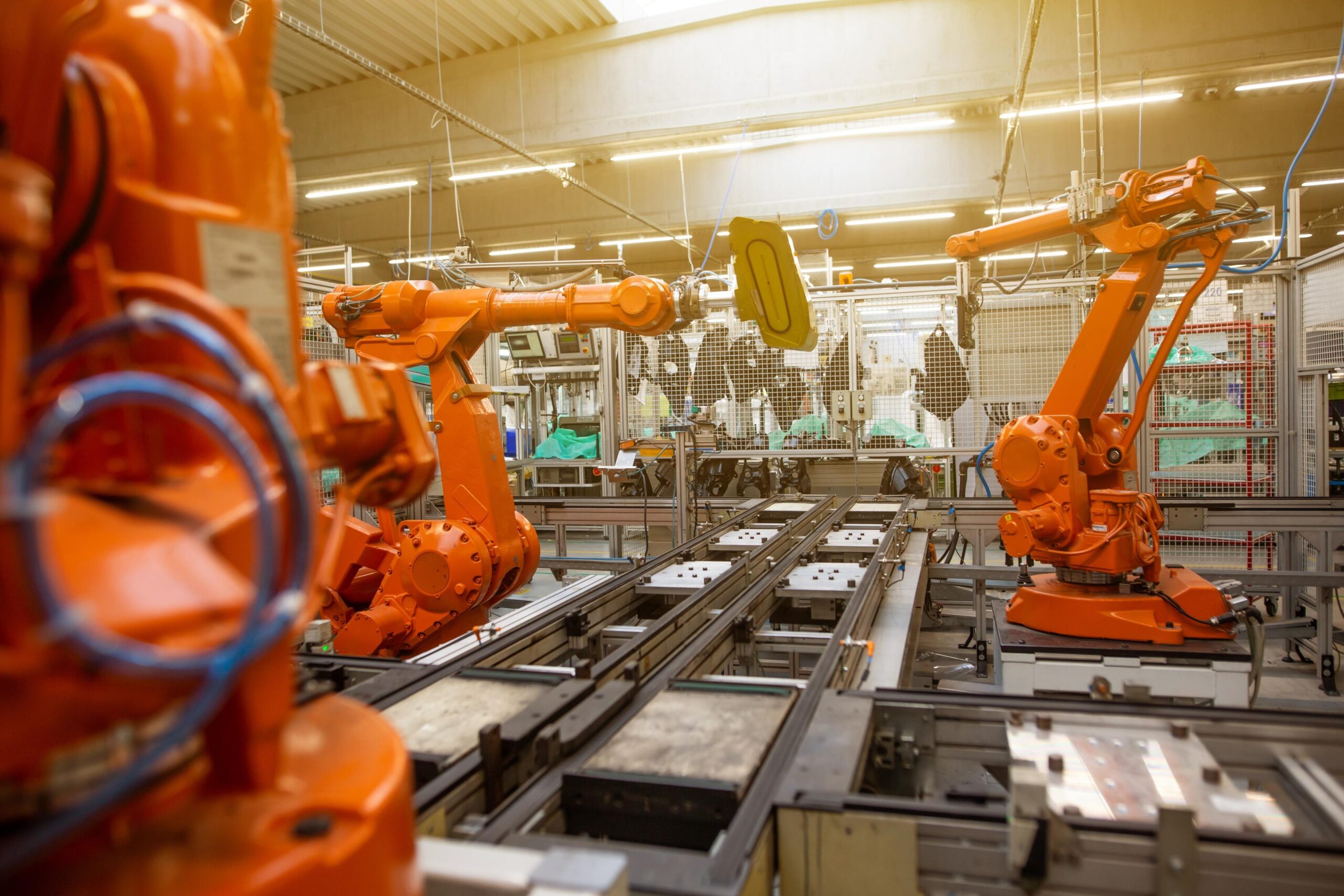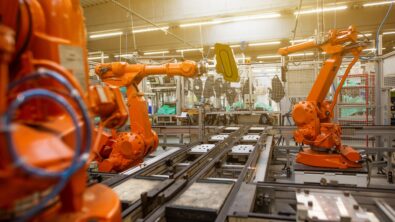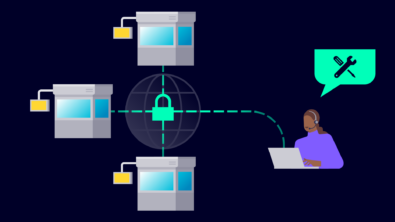How AI is streamlining industrial application development

As industry continues to grow smarter and more connected, the need for new and more complex applications to support this transition will continue to grow. Whether it’s processing data, automating tasks, or connecting people and machines across an entire factory, the next generation of industrial design and manufacturing will require more and smarter applications than ever before. However, when it comes to building these smart apps, the learning curve and time requirements can often be steep as domain experts and developers must intersect to meet the rigors of modern factories.
In a recent podcast, Subba Rao, Director of Manufacturing Industries Cloud for Mendix, a part of Siemens Xcelerator, discussed how AI is helping to address these challenges. Through the integration of AI with low-code development platforms like Mendix and as well as the apps created with it, domain experts can easily translate their knowledge into new AI-driven applications without needing to become expert software developers as well. To learn more, check out the full recording here or find a transcript of the talk here. Otherwise, keep reading for some of the highlights of that conversation.
Mendix brings AI to low-code
Developing an application, no matter how seemingly easy, is no simple task and that is doubly true when that application must meet the rigorous requirements of a smart factory, where a single mistake or program instability could cost millions of dollars. To that end, these industrial grade applications must bring together all the necessary company data, developers and domain experts to create robust and powerful applications that can reliably meet the needs of any company.
Platforms like Mendix deploy AI to help make this process easier, Subba explains. Integrated AI can not only help process important data but also become a development assistant of sorts, enabling simple and intuitive drag-and-drop app development and even app creation through natural language prompts. This allows domain experts, who might not otherwise be experts in software development, to create highly tailored and robust applications without the need to become multi-disciplinary experts. This brings the valuable development knowledge where it’s needed and to who it’s needed by through the medium of AI-driven recommendations and chat bots, the true next step in low-code development.
AI builds AI apps
Mendix isn’t just using AI to enable low-code development, it’s also integrating AI within the apps themselves. In a broad sense, this could be considered as AI being used to build AI apps. Subba explains how Mendix is integrating connectivity with popular AI/ML toolkits and providers while also allowing companies to directly integrate their existing AI models – all within the framework of AI-assisted low-code development.
Integrating artificial intelligence will be crucial in making industrial applications smart enough to meet the demands of modern industry but, at the same time, it exacerbates the issue of siloed domain expertise industrial application development already faced. Now, along with developers and domain experts, AI experts would be required to assist in the development of new applications. This is why building tools that can allow for easier access to this wide range of specialist knowledge is important, making this key knowledge accessible to anyone who needs it, regardless of their other skillsets. Subba highlights how Mendix’s AI already offers up to a 30% increase in productivity with 95% accurate recommendations showing how this is only the beginning for what AI has to offer in the space of low-code development.
Making sure AI can be seamlessly integrated during the development process will be increasingly important going forward as the demand for smarter apps capable of analyzing and acting on the data coming from smart factories replace older, legacy systems. By streamlining the development process of both AI and non-AI enabled apps, companies will be in a prime position to take advantage of everything the digitalization of industry has to offer while those that fail to capitalize on it will find themselves falling behind.
To learn more, check out the full podcast here or find the transcript here.
Siemens Digital Industries Software helps organizations of all sizes digitally transform using software, hardware and services from the Siemens Xcelerator business platform. Siemens’ software and the comprehensive digital twin enable companies to optimize their design, engineering and manufacturing processes to turn today’s ideas into the sustainable products of the future. From chips to entire systems, from product to process, across all industries. Siemens Digital Industries Software – Accelerating transformation.


